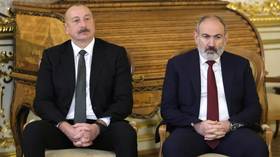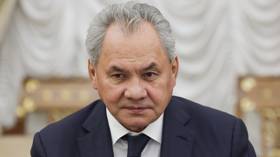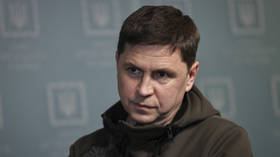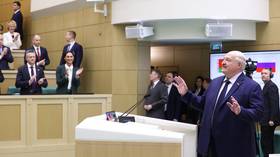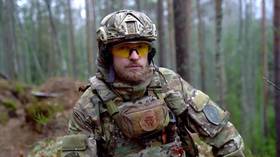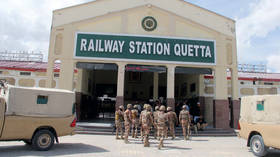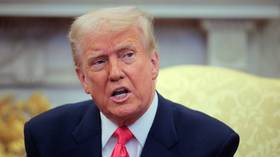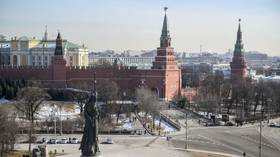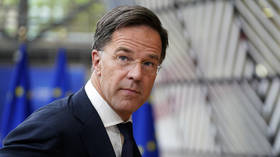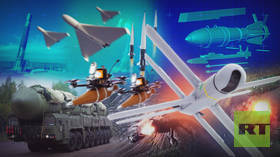Armenian PM seeking withdrawal from military alliance
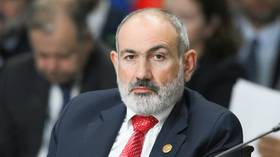
Armenia will not participate in the affairs of the Collective Security Treaty Organization (CSTO), and essentially considers itself out of the alliance, Armenian Prime Minister Nikol Pashinyan has said.
The CSTO, established in 1992 following the break-up of the USSR, comprises several former Soviet republics, with Armenia as one of its founding members.
Under Pashinyan’s leadership, Armenia has distanced itself from the CSTO, having frozen its participation earlier this year.
The prime minister emphasized that differing perspectives between Armenia and Russia regarding the alliance are making it “increasingly difficult, if not impossible” for Armenia to consider returning to the CSTO.
In a parliamentary address, Pashinyan referred to territorial conflicts with Azerbaijan in 2021 and 2022.
He noted that when he sought support from CSTO allies during these episodes, their responses indicated confusion about Armenia’s borders.
“We told our allies that ‘red lines’ have been crossed, after which they replied that it seems that the border is not delimited... If the organization does not know where Armenia's borders are, then the CSTO does not exist,” Pashinyan said.
Armenia and Azerbaijan have been at odds since the collapse of the Soviet Union, with tensions centered on the disputed Karabakh region, which until recently was predominantly populated by ethnic Armenians. Most recently, in 2023 the two post-Soviet republics reignited a feud over the territory. Baku then took control of the self-proclaimed Republic of Nagorno-Karabakh, causing the remaining Armenians to flee.
In November, Russian President Vladimir Putin noted that as Yerevan never recognized the Nagorno-Karabakh Republic as its own territory, the CSTO could not consider Azerbaijan’s actions as aggression against an alliance member. “Therefore, claims that the CSTO should have fought on the territory of the enclave sound somewhat odd,” he said.
The Russian leader also noted that Armenia has still not formally withdrawn from the alliance, adding that Yerevan’s change in course regarding the CSTO is most likely caused by internal political processes.
In June, Armenia and the US announced their intention to build relations into a “strategic partnership.” The next day Pashinyan said that Armenia would pull out of the CSTO.
Earlier this year, James O’Brien, the US Assistant Secretary of State for European and Eurasian Affairs, welcomed Armenia’s “brave steps” to wind down its relationship with Russia.
“Much of the population of Armenia wants to get further from Russia, so we are creating the conditions for that to happen,” the official said.
In March, Moscow warned against NATO's desire for a foothold in the South Caucasus, adding that the bloc's aspirations would be of no benefit to the region.
